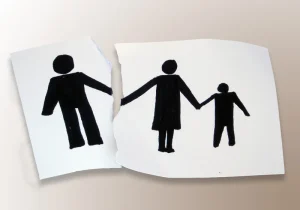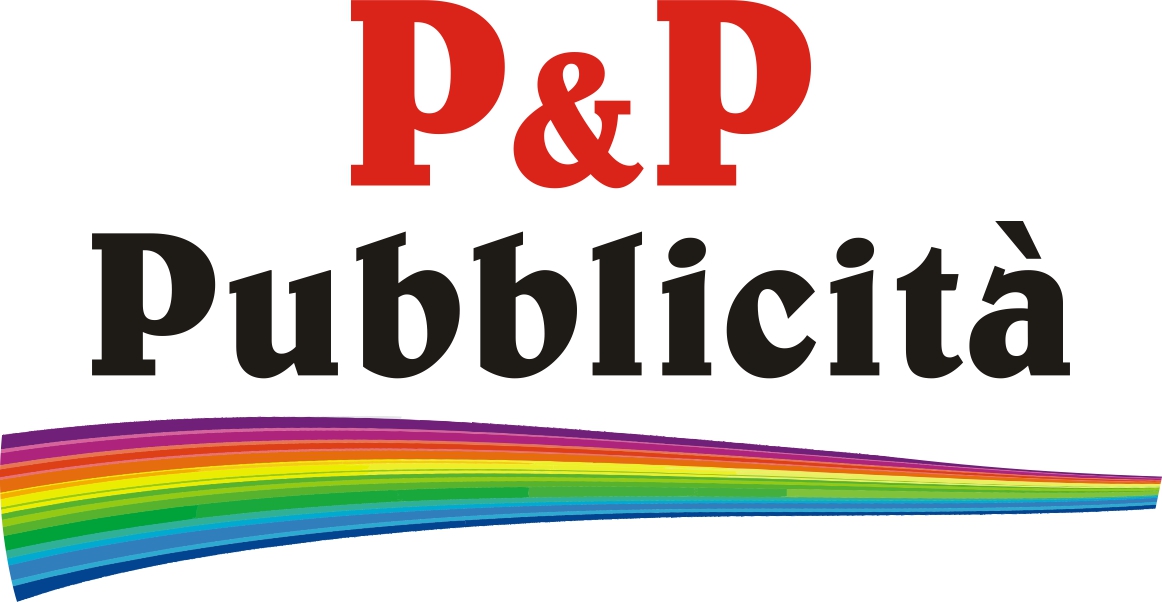
Common allergens in beer include histamine, which is produced during fermentation, and sulfites, which are preservatives. They can help you determine if it is indeed the cause of your unpleasant reactions and recommend an appropriate treatment plan. One of the most common alcohol-related allergic reactions is to wines containing sulfites. Sulfites are used as a preservative in wine and other alcoholic beverages, but can lead to an adverse reaction in some people. Symptoms of this kind of allergy include sneezing, itching, hives and difficulty breathing.
- In conclusion, it is important to note that approximately 8% of the population may experience an allergic reaction when consuming certain alcoholic beverages containing sulfites.
- While rare, it is possible for a person to have an allergic reaction when exposed to the ingredients found in red wine such as histamines or sulfites.
- People who drink red wine may be more prone to dehydration than those who don’t, as alcoholic drinks can increase the body’s need for fluids.
- They will be able to provide the best advice for treating any underlying medical condition.
If you are one of many people who gets wine or beer “sneezes”, here are some of the reasons why…
Red wines, for example, tend to have higher levels of histamines than white wine or beer. If you find that drinking these beverages triggers an allergic reaction, then it’s important to limit your intake and switch to lower-histamine alternatives. Another helpful tip is to opt for histamine-low foods, such as fresh fruits and vegetables, or fermented products like yogurt or kefir. These foods can help your body break down the histamines more effectively, reducing the potential for an allergic reaction. If you’re allergic to alcohol, you may experience hives, itching, swelling, difficulty breathing, and wheezing. If you experience these symptoms sneezing after drinking alcohol, you must see a doctor as you may need to be treated for an allergy.
Is going red a sign you’re allergic to alcohol?

Allergy testing can determine if a person is allergic to histamine or other compounds found in red wine. A skin prick test or blood test may be used to detect an allergic reaction to the particular compounds that are present in Sobriety red wine. If a person is found to be sensitive to red wine, they may need to avoid it altogether or switch to white wine, which contains a lower concentration of histamine. It is important to note that not all allergic reactions to red wine are caused by histamine. Some people may be more sensitive to the tannins than others, making them more likely to experience this reaction after drinking a glass of red wine.
Ingredients in Alcoholic Beverages That Can Cause a Stuffy Nose After Drinking

When serotonin levels drop, pain signals are dysregulated, and people are more likely to experience painful conditions like headaches. A few alcohols are less likely to trigger symptoms in people with alcohol intolerance. However, if you have alcohol intolerance, you must talk to your doctor about which alcohols are best for you to drink.
- Therefore, sulfates are an important aspect of winemaking to ensure that the finished product is enjoyable to drink.
- Additionally, alcohol can worsen existing allergic reactions as it suppresses the body’s ability to fight off foreign substances.
- Alcohol usually contains sulfite compounds, and it is important to be aware of your sensitivity.
- Our complete guide to Sudden Alcohol Intolerance is an excellent introductory resource to this condition.
- If you find that drinking these beverages triggers an allergic reaction, then it’s important to limit your intake and switch to lower-histamine alternatives.
If your favourite tipple leaves your cheeks burning, then yes – you may well have an alcohol sensitivity or intolerance, says nutritionist Jade Taylor, of Kitchen Home. Sulfites are a type of preservative that can cause an allergic reaction in some people. Read on to uncover the science behind the stuffy nose phenomenon as well as key strategies to prevent it from becoming an inevitable side effect of drinking alcohol. We may never know for sure but that doesn’t mean we can’t enjoy a glass of vino every now and then. Taking smaller sips can help reduce the amount of carbonation your nose is exposed to.
Hazelnut or almond in liquor can also be a problem for those with an allergy to nuts. If a person suspects they have an allergy, it’s important they be evaluated by a specialist. She has tried different types of alcohol — vodka, whiskey or tequila — but she breaks out in hives and a fever. After just a few “tiny sips,” thinking she will be fine, Brown said she ends up “going down the same dreadful path Jack Daniels led me down.” Dec. 24, 2012— — Kristin Brown loved to drink – perhaps partied a little too much when she was in her 20s, but when she hit her 30s, alcohol suddenly hit her the wrong way. Each week, you’ll get an amazing recipe, a useful health tip, and an ingredient to jazz up your shopping basket!

- Alcohol is metabolized by enzymes in your liver, which convert ethanol into acetaldehyde.
- In contrast, a food intolerance or sensitivity, which is more common, involves the digestive system and typically presents less severe symptoms, such as digestive problems.
- If you find that certain drinks trigger your sneezing, try switching to a different type of alcohol.
- To reduce the risk of adverse reactions, it is important to avoid wines that contain sulfites.
- For example, a person with histamine intolerance can experience adverse reactions when drinking alcohol because their body is unable to process the histamine in certain types of drinks.
It may be nothing more than coincidence, or it could signal the start of legal intoxication. Either way, it’s definitely something to keep an eye on if you’re out enjoying some beers with friends. When someone suddenly starts sneezing after drinking a few pints, it’s time for them to take a break and re-assess their drinking habits. When people consume alcohol, their body tries to detoxify it by breaking down the compound into its smaller components. Grape is the main allergen found in wine, and it is present in both red and white wines. Botrytis cinerea is a mold that causes noble rot in wine, which can also cause reactions in some people.
The Reason Behind Sneezing After Drinking
If you find that certain drinks trigger your sneezing, try switching to a different type of alcohol. And if cocktails make you sneeze, try making your own with drunk sneezing fresh fruit juices instead of pre-made mixes. Mixed drinks containing any of the ingredients mentioned earlier are also likely to cause sneezing. If you’re allergic to any of the ingredients in a mixed drink, you may want to avoid it.
These are what give wine its bitterness, mouthfeel, and complex flavours, as they seep into the wine during the winemaking process. Tannins are more abundant in red wines but can also be present in white wines too. In response to this, many countries have recommended maximum histamine levels for https://ecosoberhouse.com/ wines, ranging from 2 mg/L in Germany to 10 mg/L in Austria. However, studies have found that a large percentage of red and white wines exceed these recommendations.
